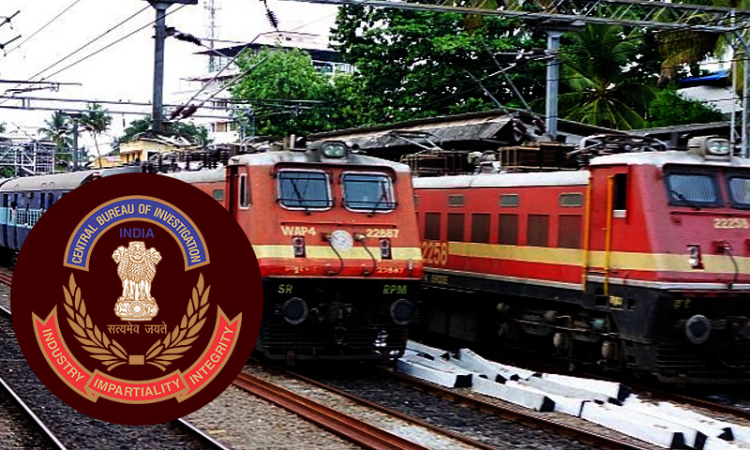CBI's Power To Investigate Beyond 'Railway Areas' Subject To Specific Consent By State Govt : Calcutta High Court
Sparsh Upadhyay
4 Feb 2021 10:13 AM IST

Next Story
4 Feb 2021 10:13 AM IST
In an interesting Judgment, the Calcutta High Court on Wednesday (03rd February) ruled that the authority of the CBI to investigate into the allegations in a particular case within Railway areas remains unfettered by the withdrawal of consent by the State Government. The Single Bench of Justice Sabyasachi Bhattacharyya further observed that the extension of powers of the CBI in respect...
